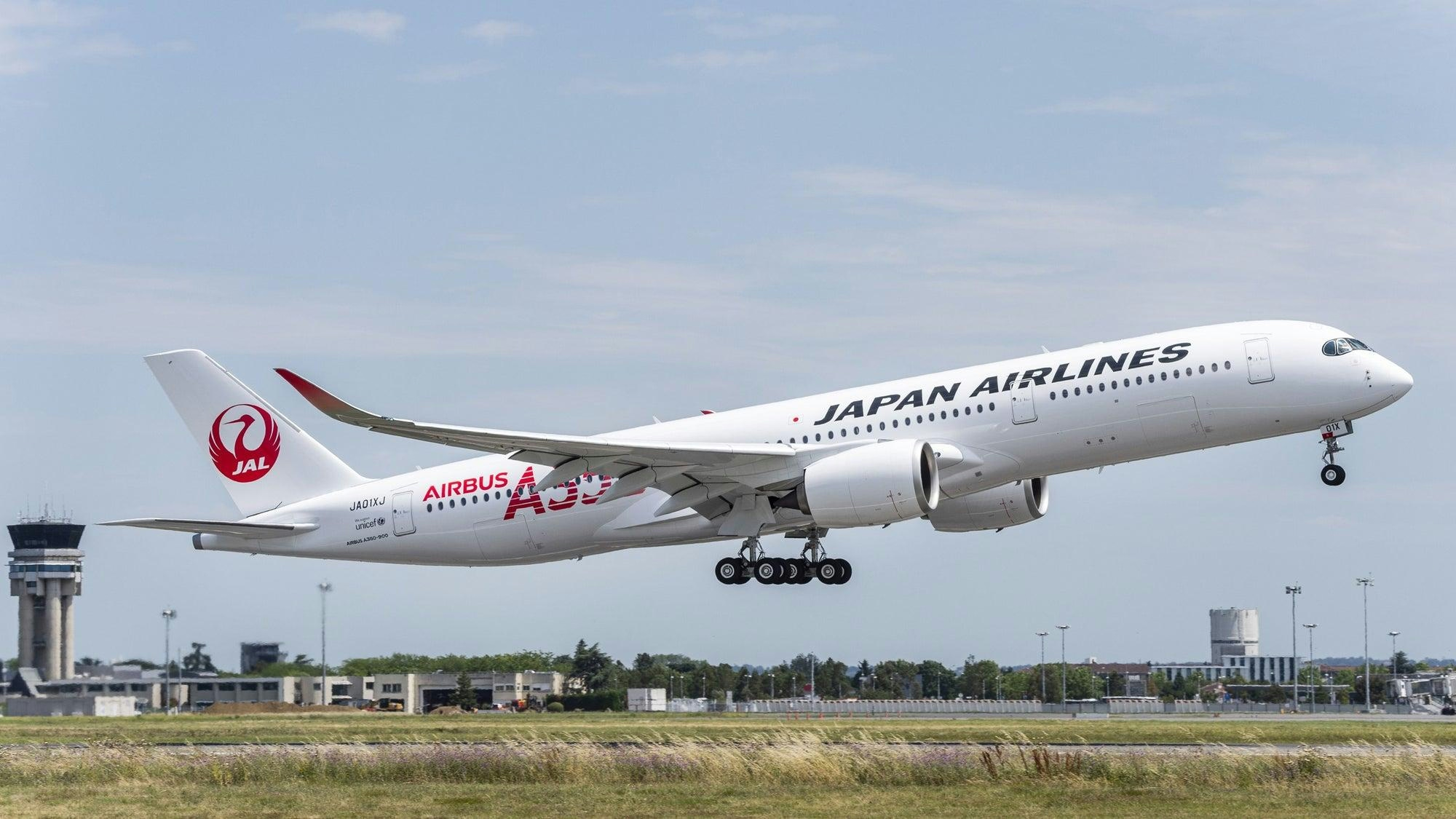AeroGenie — 您的智能副驾驶。
热门趋势
Categories
Potential Routes for the Upgraded Airbus A350

Potential Routes for the Upgraded Airbus A350
The Airbus A350-900 has established itself as one of the premier commercial aircraft globally, largely due to its exceptional range capabilities. In April, the European Union Aviation Safety Agency (EASA) granted certification for the A350-900 equipped with the new Rolls-Royce Trent XWB-84 Enhanced Performance (EP) engine. This upgrade incorporates lighter materials and improved fuel efficiency, promising to extend the aircraft’s operational range further. Presently, only a select few commercial jets, including the A350-1000 and the ultra-long-range A350-900ULR, exceed the capabilities of the standard A350-900.
Engine Improvements and Performance Gains
The Trent XWB-84 EP engine introduces several significant enhancements over its predecessor, the XWB-84. While the original XWB-84 delivers 84,200 pounds of thrust for the A350-900, the larger A350-1000 utilizes the higher-thrust XWB-97 variant. The EP version features an upgraded fan and compressor, refined turbine aerodynamics, and improved turbine blade cooling. These technical advancements are expected to reduce fuel consumption by at least one percent, which translates into lower operating costs and reduced emissions for airlines.
Although a one percent improvement in fuel efficiency may appear modest, it can have a substantial impact on long-haul operations, enabling the A350-900 to more closely rival its longer-range counterparts. Airbus anticipates widespread adoption of the engine upgrade once it receives certification from the U.S. Federal Aviation Administration (FAA). Rolls-Royce estimates that the enhanced engine could yield annual fleet savings of up to $5 million, underscoring its commercial appeal.
Market Dynamics and Competitive Landscape
The upgraded A350-900 enters a highly competitive market, contending directly with Boeing’s 787 and China’s Comac C919, both of which target similar long-haul segments. Airlines and investors are closely monitoring technological advancements and fuel efficiency improvements, factors that will heavily influence purchasing decisions and route development strategies. In response, competitors may adjust pricing or introduce new features to maintain market share, intensifying competition within the long-haul sector.
Beyond direct competition, broader market forces—including investor sentiment and potential shifts in leadership at the U.S. Federal Reserve—could affect airline investment strategies and the deployment of new routes for the A350-900 EP. These external variables add complexity to the aircraft’s commercial prospects and the strategic decisions of carriers.
Enhanced Efficiency and Future Prospects
Modern turbofan engines such as the Trent XWB-84 EP leverage advanced aerodynamic designs and lightweight materials to deliver significant improvements over earlier engine generations. Airbus and Rolls-Royce report that the XWB series offers a 25 percent advantage in fuel burn, operating costs, and CO₂ emissions compared to older engines. Julien Puyou, Airbus’ Head of Widebody Programme, emphasized that EASA’s certification of the Trent XWB-84 EP reinforces the A350-900’s status as a leader in long-range air travel, reflecting the company’s ongoing commitment to innovation and efficiency.
As airlines reassess their fleets and route networks, the upgraded A350-900—with its enhanced range and fuel efficiency—is positioned to play a crucial role in shaping the future of long-haul aviation, even as it navigates a rapidly evolving and competitive marketplace.

Emirates Unveils Cabin Design for New Boeing 777X

Eighteen Years On, the Airbus A380 Remains Central to a $34 Billion Airline

How a boom in luxury airline seats is slowing down jet deliveries

Navitaire Outage Attributed to Planned Maintenance

DigiYatra Debuts Outside Aviation at India AI Impact Summit

Vietnam Orders Strengthen Boeing’s Commercial Outlook

Airbus Signals Uncertainty Over Future A400M Orders

JobsOhio Awards $2 Million Grant to Hartzell Propeller for Innovation Center

Collins Aerospace Tests Sidekick Autonomy Software on YFQ-42A for U.S. Air Force CCA Program

How the Airbus A350-1000 Compares to the Boeing 777
